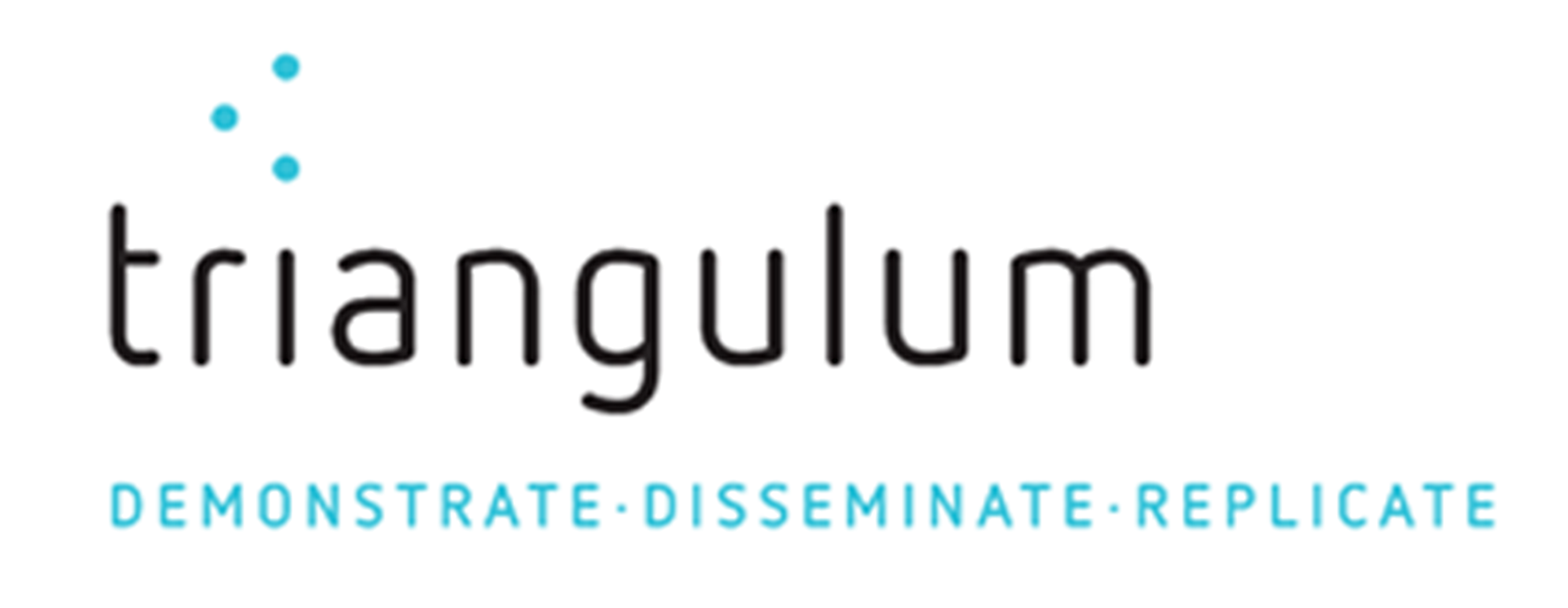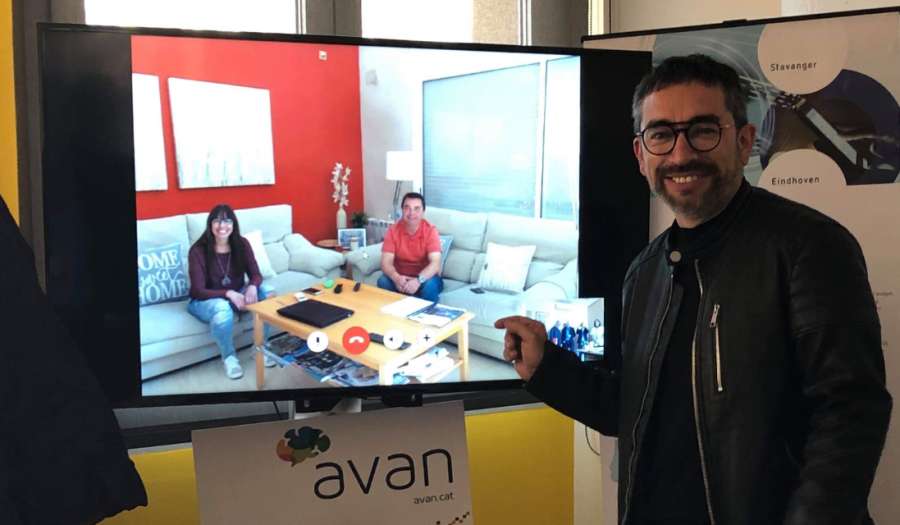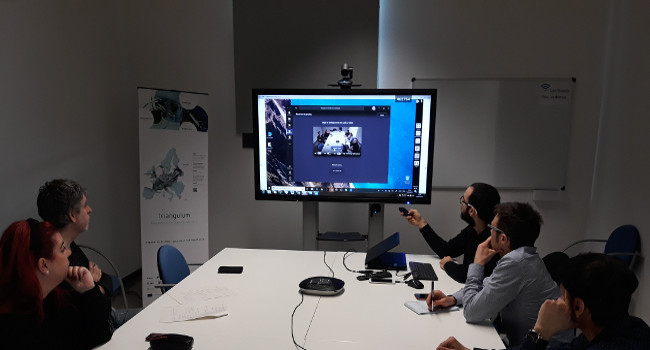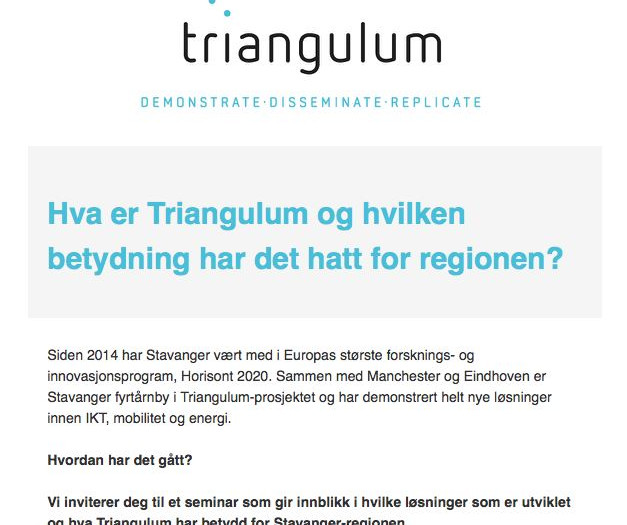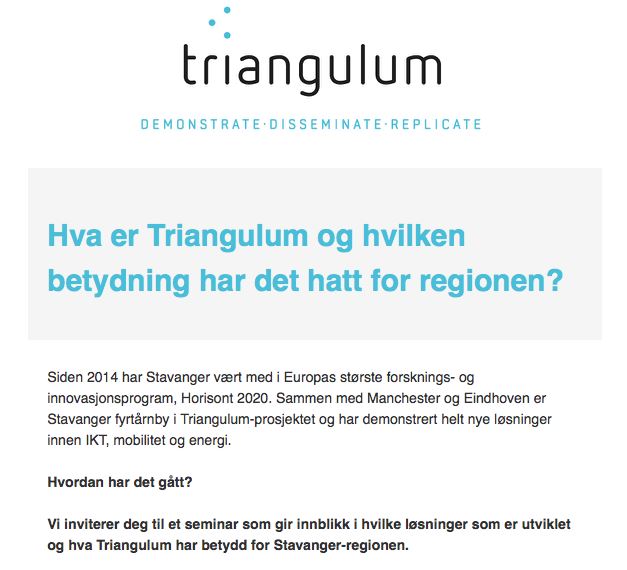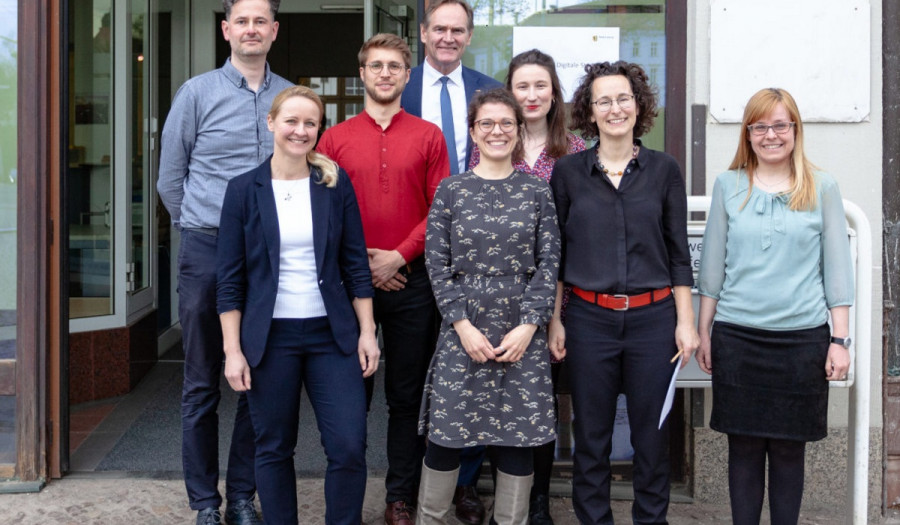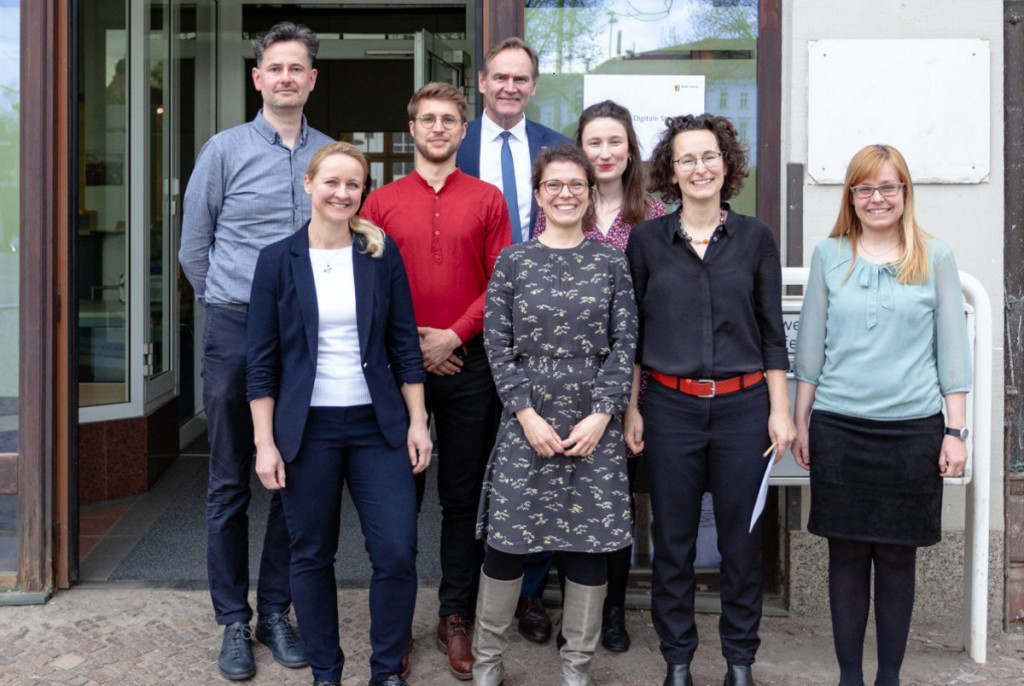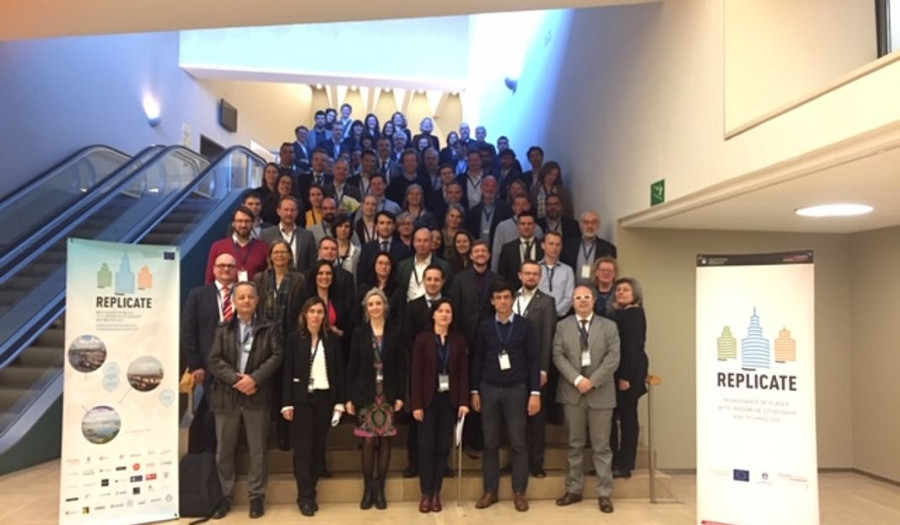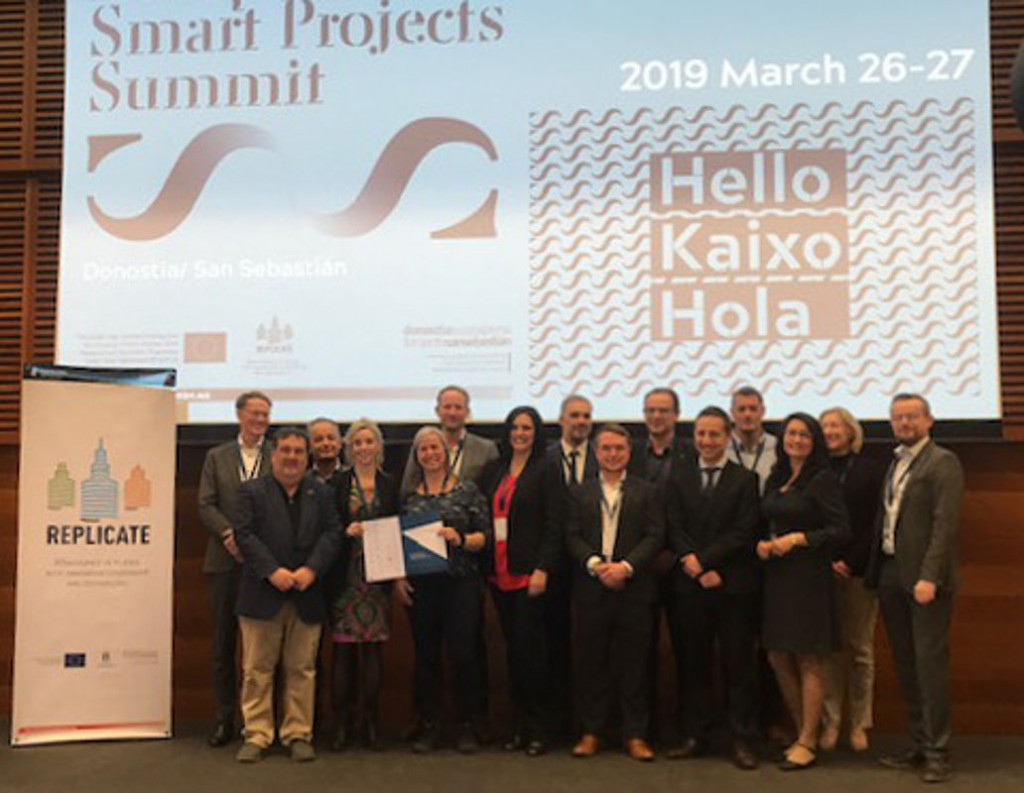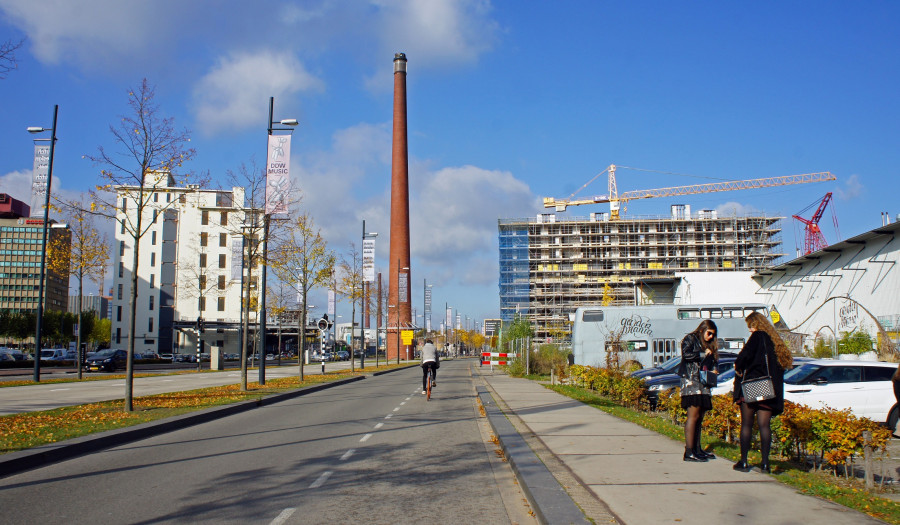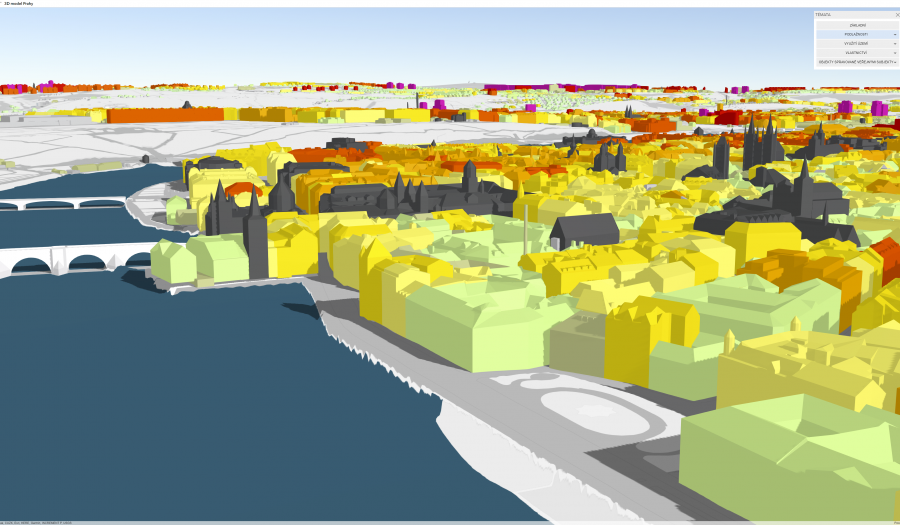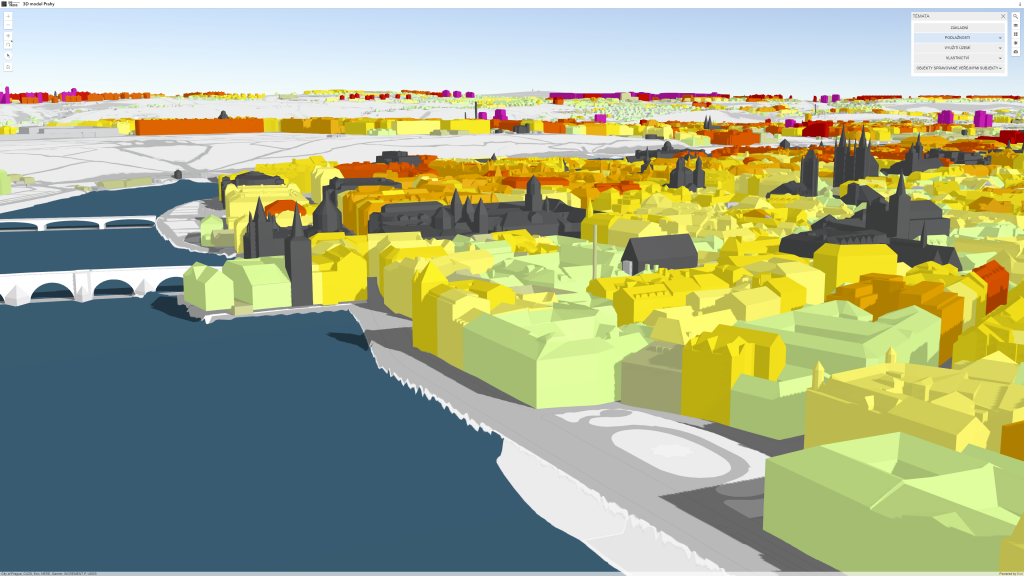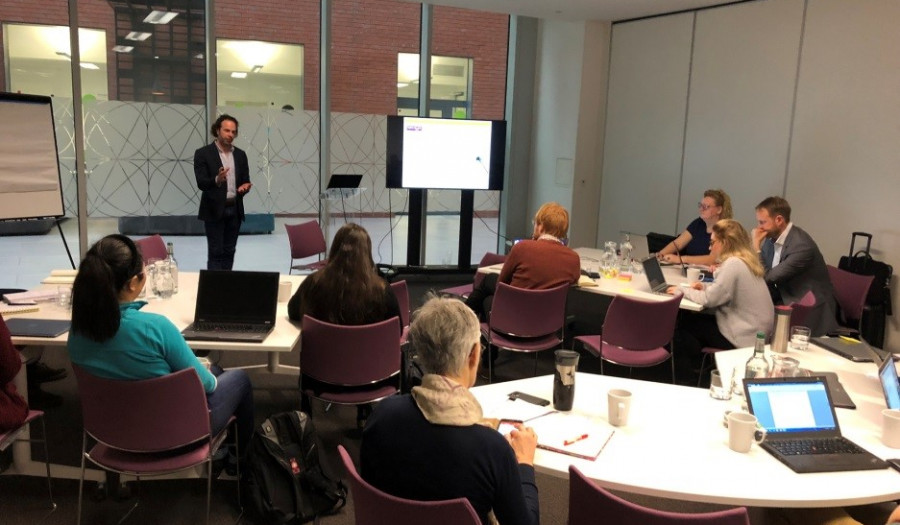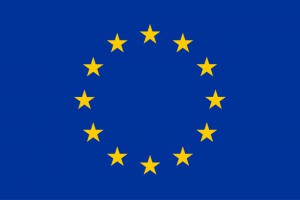On 28 March, Stavanger partner Lyse successfully replicated the Blink service in the headquarters of AVAN in Sabadell and made pilot installations in the home of three different users. AVAN is an organization that does rehabilitation for patients that suffer from different neuro-physiological diseases, and the organization has by themselves done the last two of a total of five pilot installations in the patients homes.
The Blink service brings Full-HD video conference service to end user’s TVs, as well as Android and iOS based smart phones and tablets. Smartphones and tablets is typically used by mobile health personnel or family and friends.
AVAN will use the service to follow up on their users for therapy and rehabilitation, and they will conduct a three-month research project where each user has three weekly consultations using the Blink solution, with the purpose of documenting effect.
The Blink solution can be implemented at the patient’s close family or friends, thus providing more social contact and activity. It can also provide sensor signals from medical devices like oximeter and spirometers, but this functionality will not be tested in Sabadell.
All users got to test the service themselves, and Lyses representatives Dagfinn Wåge and Birger Clementsen experienced a warm welcome and interest from both users and their relatives. Councilor for Social Action Gabriel Fernàndez i Díaz from Sabadell municipality, also tested the service to call the different homes.
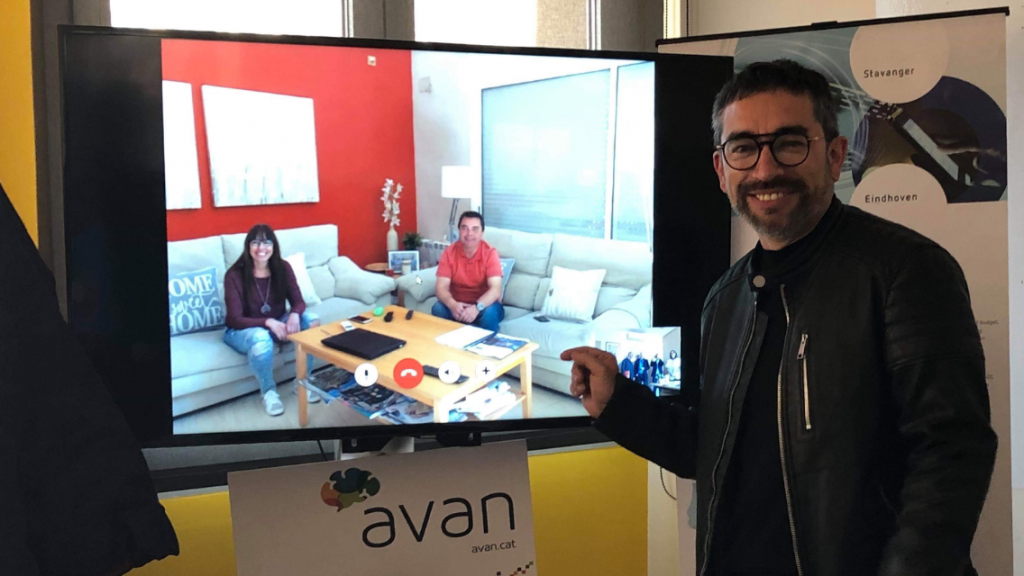
Councilor for Social Action Gabriel Fernàndez i Díaz from Sabadell municipality, testing the service to call the different homes. (Picture: Lyse)
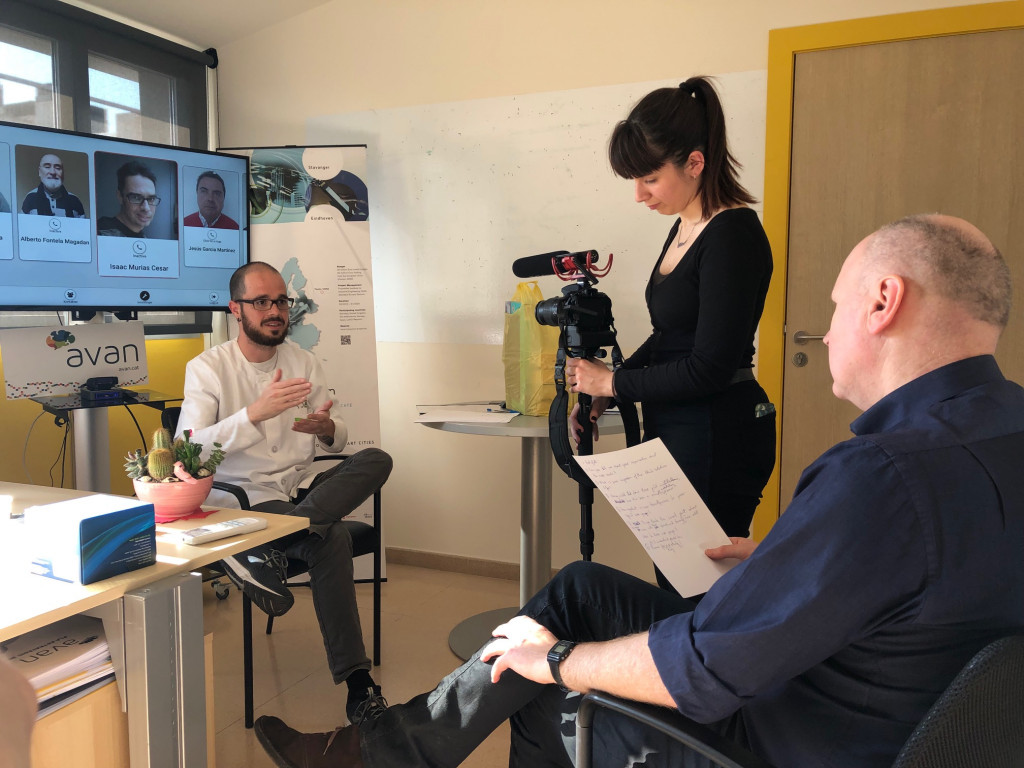
Dagfinn Wåge interviewing Nacho Perrote who is an occupational therapist at AVAN. (Picture: Lyse)
